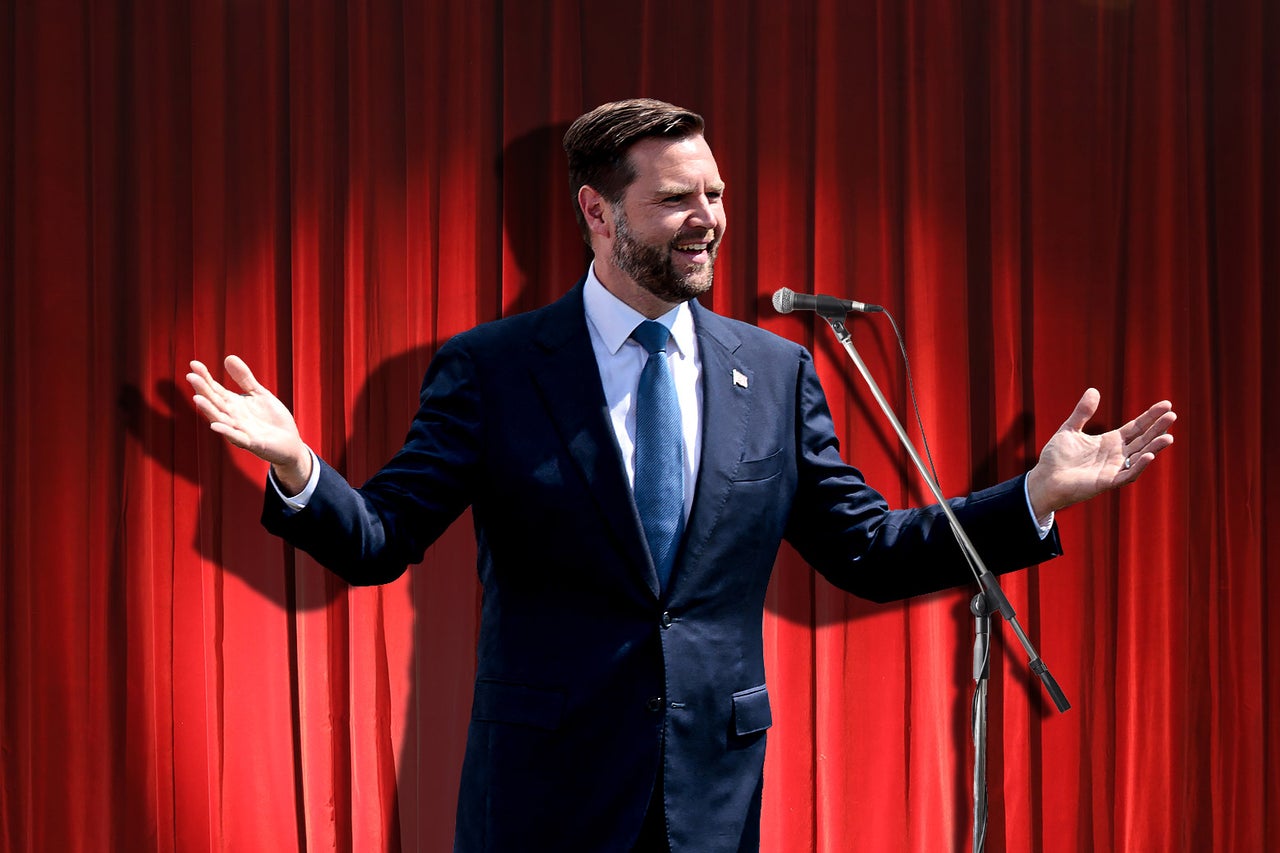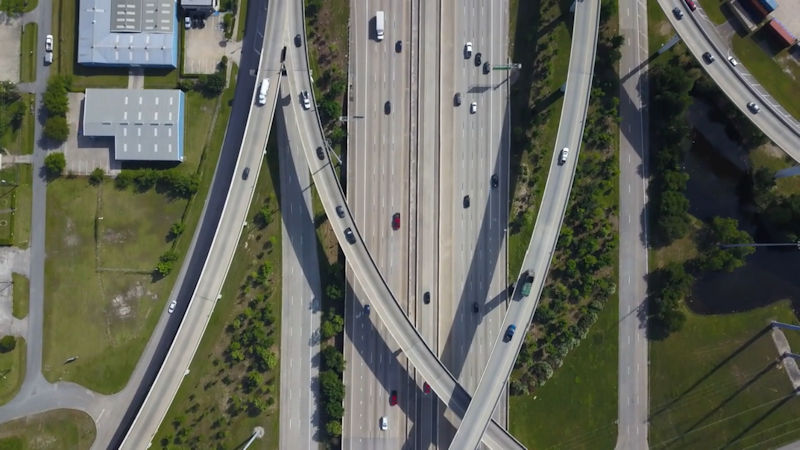- How expanding America’s highways doesn’t solve their congestion;
- Ten ways the heat is changing us, including impacts on the infrastructure;
- Another perspective on issues with the US Constitution;
- Changing minds, appeals to fear, or persuasion;
- Fringe items about a fake dog, telling jokes, giggling in public, choosing misery, and performing gender surgery.
Here’s a great story that challenges the presumptions of the growing economy.
Slate, David Zipper, 28 Aug 2024: How America Can Break Its Highway Addiction, subtitled “In the 1980s, an unlikely alliance slowed the construction of nature-destroying dams. We just might be able to pull it off again.”
This is about America’s propensity for building new highways. There was the interstate system of highways, built beginning in the 1950s through a huge government program that would never existed if conservatives and libertarians had their way. And since then, more and more highways have been built, especially into cities, supposedly to solve traffic issues, which nevertheless made those problems even worse.
Built more highways, cars will drive on them, development will align along them, and the congestion is never solved.
What is the solution for this?
A current example is talk about removing the 980 freeway in Oakland, the one in the center of this graphic, that cuts off downtown from “north” Oakland (which is really west of downtown).
\\\

Slate, 27 Aug 2024: How the Heat Is Changing Us, subtitled “Ten ways—small and enormous.”
Items from this piece have appeared separately on Slate’s homepage over the past couple weeks. Such as: attending Summer Camp, and running a half-marathon. How we’re doing more laundry. We rethink food safety. Outdoor work gets dangerous. People are dying (case in point: Mecca).
\\\
Another item questioning the Constitution.

NY Times, Jennifer Szalai, 31 Aug 2024: The Constitution Is Sacred. Is It Also Dangerous?, subtitled “One of the biggest threats to America’s politics might be the country’s founding document.”
This concerns a new book by Erwin Chemerinsky, who wrote the LA Times piece I linked on the 28th. Szalai is the paper’s nonfiction book critic, but this piece is more of a thought piece than a proper review. I’ll just quote a bit.
Back in 2018, Chemerinsky, the dean of Berkeley’s law school, still seemed to place considerable faith in the Constitution, pleading with fellow progressives in his book “We the People” “not to turn their back on the Constitution and the courts.” By contrast, “No Democracy Lasts Forever” is markedly pessimistic. Asserting that the Constitution, which is famously difficult to amend, has put the country “in grave danger,” Chemerinsky lays out what would need to happen for a new constitutional convention — and, in the book’s more somber moments, he entertains the possibility of secession. West Coast states might form a nation called “Pacifica.” Red states might form their own country. He hopes that any divorce, if it comes, will be peaceful.
\\
Along the hierarchy of morality, perhaps.

The Atlantic, Boris Kachka, 30 Aug 2024: The Worst Way to Change Minds, subtitled “When religious certainty is challenged, some leaders appeal to fear—but persuasion works better.”
Again, not a full review or essay, but discussion of several recent books:
Eliza Griswold’s new book, Circle of Hope, about a progressive Evangelical congregation that collapsed following 2020’s COVID shutdowns and Black Lives Matter protests.
And
In Keeping the Faith: God, Democracy, and the Trial That Riveted a Nation, Brenda Wineapple recounts the Scopes “monkey trial” of 1925, when a teacher was charged with violating a law against covering evolution in the classroom. … Contemporary narratives tend to cast Darrow as the hero and Bryan as the backward bigot. Wineapple portrays it slightly differently: Darrow could be arrogant, flip, and alienating, and many felt he did Scopes no favors.
And
I found consolation in Wineapple’s Atlantic article earlier this month about two books that reached even further back in history: Michael Taylor’s Impossible Monsters and Edward Dolnick’s Dinosaurs at the Dinner Party. Each addresses the moment, in the early 19th century, when the discovery of dinosaur fossils shook the foundations of Victorian society.
\\
Lighter items.

- Salon, Amanda Marcotte, 29 Aug 2024: The tragedy of MAGA’s conspiracy theory about Tim Walz’s “fake” dog, subtitled “Donald Trump controls his followers by convincing them to reject basic reality, even the most banal parts”. MAGA folks will believe anything, because surely everything is a conspiracy.
- Slate, Sam Adams, 29 Aug 2024: Why Can’t J.D. Vance Tell a Joke?, subtitled “It’s almost impressive how badly Donald Trump’s running mate keeps bombing when it comes to normal human interaction.” It’s long been noted that conservatives don’t do comedy. They’re too concerned and angry about the world to find anything humorous in it.
- From my favorite aggregate site:
- Habba Ridicules “Miss Harris” For “Giggling” In Public. See how angry she is?
- Vance: Women With Careers “Choose Path To Misery”. OK, so it’s from 2021. Why do conservatives seem so concerned that other people make decisions about their lives different from their own?
- Trump Claims Schools Perform Gender Surgery: “Your Kid Goes To School, Comes Home With An Operation”. What planet is he living on?







